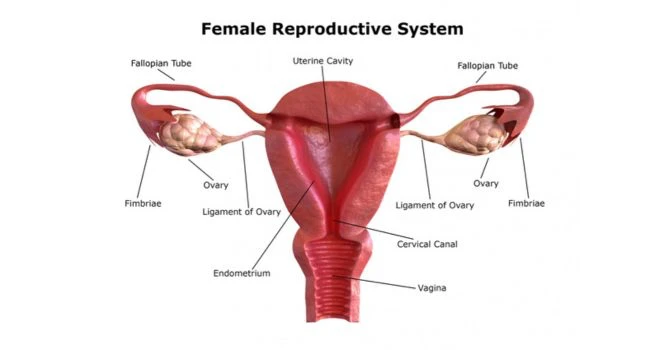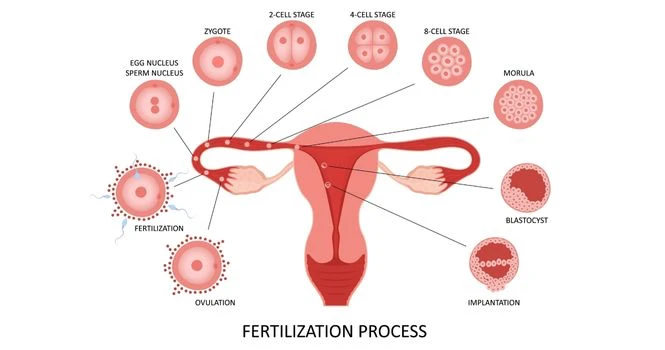Recognizing the earliest signs of pregnancy can be a significant first step toward managing this critical period in one’s life.
Let’s explore these signs and understand when a pregnancy test can reliably detect a pregnancy.
Earliest Signs of Pregnancy
Many women start experiencing pregnancy symptoms before they miss a period. These signs vary among individuals and pregnancies, but some common early pregnancy symptoms include:
Missed period:
The most obvious sign of pregnancy is a missed period. However, other factors like stress or changes in weight can also cause a missed period.
Breast changes:
Hormonal shifts in early pregnancy can cause breasts to become sensitive, sore, or swollen.
Fatigue:
Many women report feeling exceptionally tired early in pregnancy due to rising levels of the hormone progesterone.
Nausea or vomiting:
Often referred to as “morning sickness,” this can happen any time during the day or night. It usually starts around the 6th week of pregnancy but can start as early as 4 weeks.
Frequent urination:
You might find yourself needing to urinate more frequently due to hormonal changes.
Food aversions or cravings:
Some women might find they have a newfound distaste for certain foods or beverages. Others may develop intense cravings.
Mood swings:
Hormonal changes can cause emotional ups and downs in early pregnancy.
Spotting or light bleeding:
Some women might experience implantation bleeding, a small amount of spotting or light bleeding, approximately 10 to 14 days after conception.
It’s essential to remember that these symptoms may also be related to other conditions and don’t necessarily confirm a pregnancy.
Detection by Pregnancy Tests
A pregnancy test detects the presence of human chorionic gonadotropin (HCG), a hormone produced after implantation. The timing of a positive pregnancy test depends on when implantation occurs.
Urine Tests:
The most commonly used pregnancy tests are urine-based, mainly because they can be conveniently done at home. These tests are designed to detect hCG in the urine.
The sensitivity of home pregnancy tests varies, but generally, they are most reliable from the first day of a missed period or approximately 14 days after ovulation. This timing coincides with the rise in hCG levels that occurs after implantation.
Some particularly sensitive tests claim to detect pregnancy even a few days before a missed period. It’s important to bear in mind, however, that testing too early can lead to false negatives, as hCG levels may not be high enough to be detected by the test.
Blood Tests:
Blood tests for pregnancy are typically performed in a medical setting, like a doctor’s office or a clinic. These tests can detect pregnancy earlier than urine tests, often as soon as 6 to 8 days after ovulation.
There are two types of blood tests: a qualitative hCG test, which simply detects the presence or absence of hCG, and a quantitative hCG test (also known as a beta hCG test), which measures the exact amount of hCG in the blood.
The advantage of a quantitative hCG test is that it can track the progression of pregnancy. It can also help identify any complications, as hCG levels that are lower or higher than expected for the gestational age may indicate a problem, such as an ectopic pregnancy or a molar pregnancy.
Keep in mind that while blood tests are more sensitive and can detect pregnancy earlier than urine tests, they are also more invasive and expensive.
Conclusion
Identifying the earliest signs of pregnancy can help one to navigate the initial stages of this life-altering period.
Although home pregnancy tests are highly accurate, they can sometimes provide false results, particularly if taken too early.
If you suspect you are pregnant, regardless of a negative test, consult with a healthcare provider to confirm the results and discuss the next steps.













